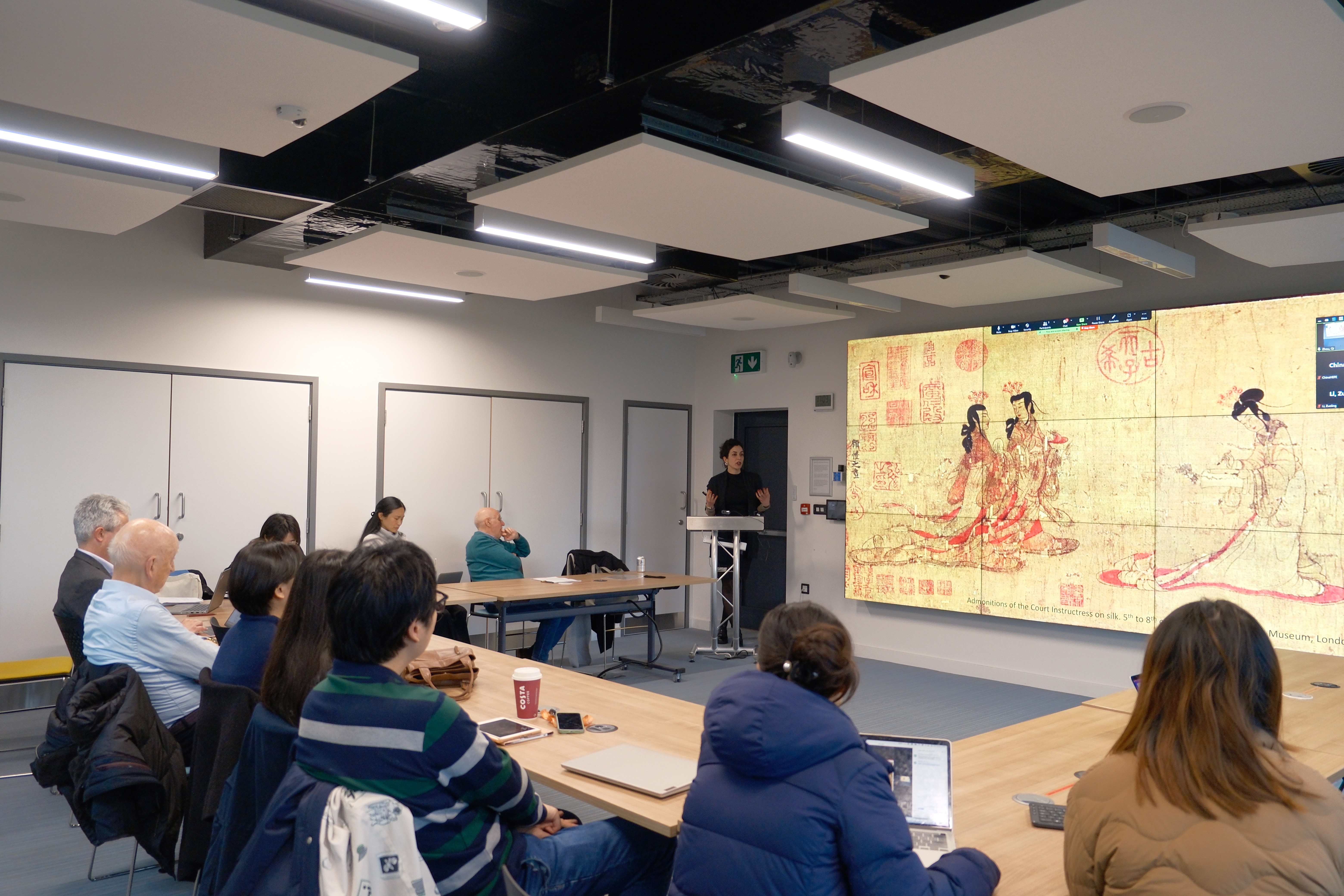articles

Monday 11 March 16:30 to 18:00
Digital Humanities Seminar Room 1, Back of Queen’s Building
Organized by the Centre for Political Thought and the Global China Centre
Talk by Dr Loubna El Amine on "Hierarchy and Inclusion in Classical Confucianism"
Hierarchy and Inclusion in Classical Confucianism
Dr Loubna El Amine (Northwestern University)
Abstract
Confucianism, and China more generally, are often associated with hierarchy. In this talk, I argue that another distinguishing, and hitherto underappreciated, hallmark of the early Confucian conception of the political community is its inclusiveness. This inclusiveness, I further argue, is not unrelated to hierarchy: because Confucian hierarchy, in its ideal form, operates (mostly) with little regard for hereditary privileges and naturalized distinctions based on ancestry and nobility, it allows for the inclusion of groups like women, artisans, peasants, and foreigners. I dwell particularly on the case of women, showing that they fulfill positions of high importance in the execution of rituals commemorating the dead—themselves of central importance for the Confucian conception of the political.
Background paper
El Amine, L. (2024). Women, Rituals, and the Domestic-Political Distinction in the Confucian Classics. Political Theory, 52(1), 90-119. doi
Loubna El Amine is Assistant Professor in the Department of Political Science at Northwestern University. She teaches political theory, with a particular focus on early Chinese political thought. Her first book, Classical Confucian Political Thought: A New Interpretation, was published in 2015 by Princeton University Press. She is currently working on a second book, titled Beyond Freedom and Slavery: Inclusion in the Ancient Confucian Political Community. She holds a PhD in Politics from Princeton University and a BA in Political Studies from the American University of Beirut.
Date: 26 March 2024
